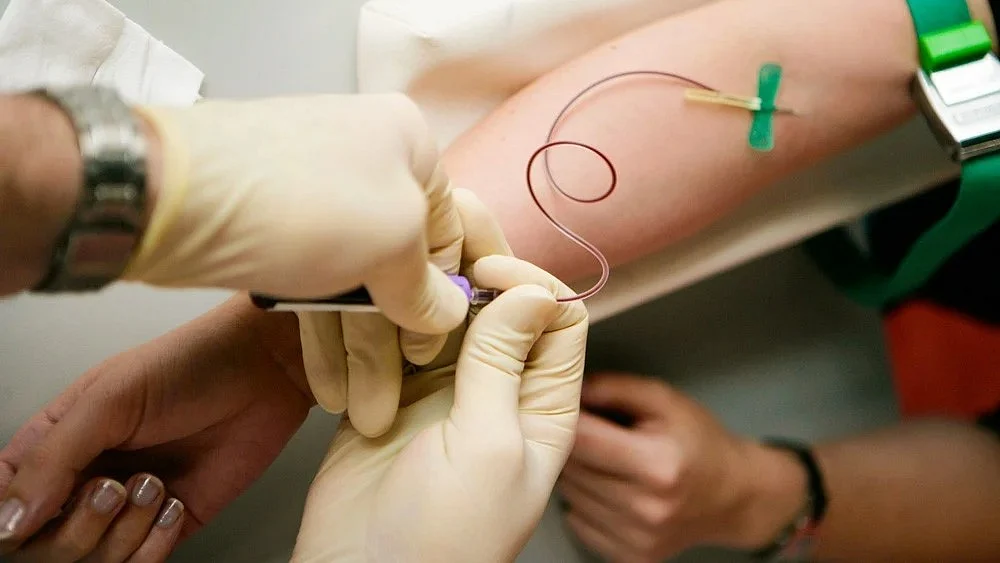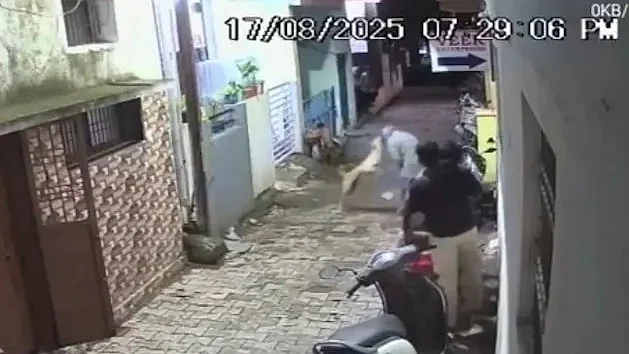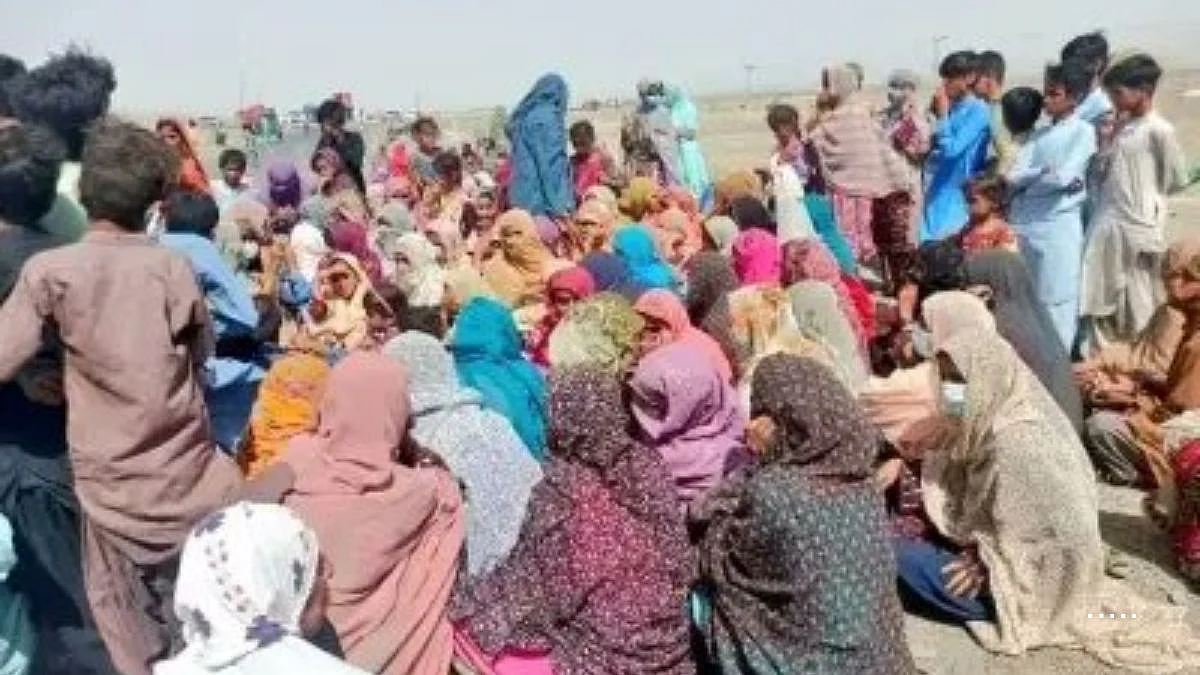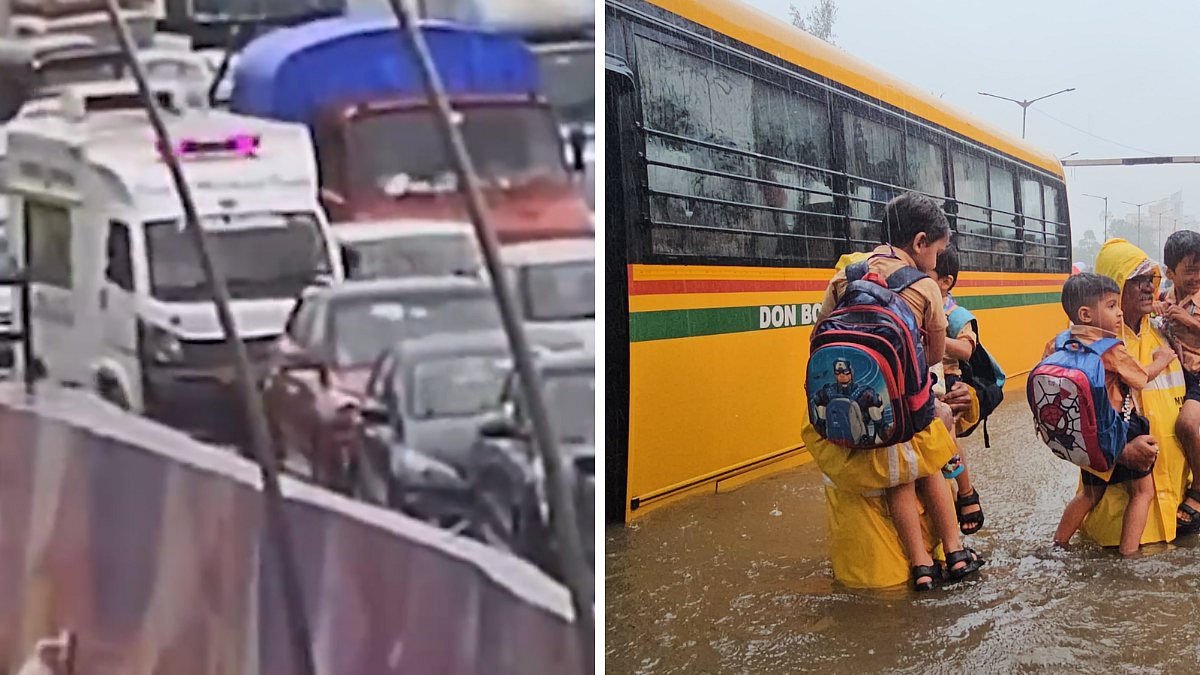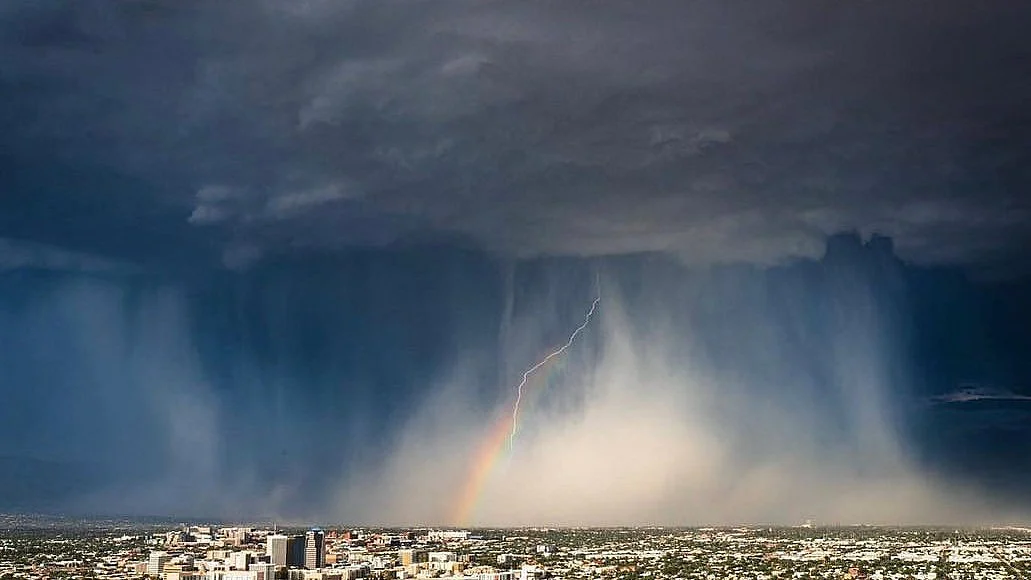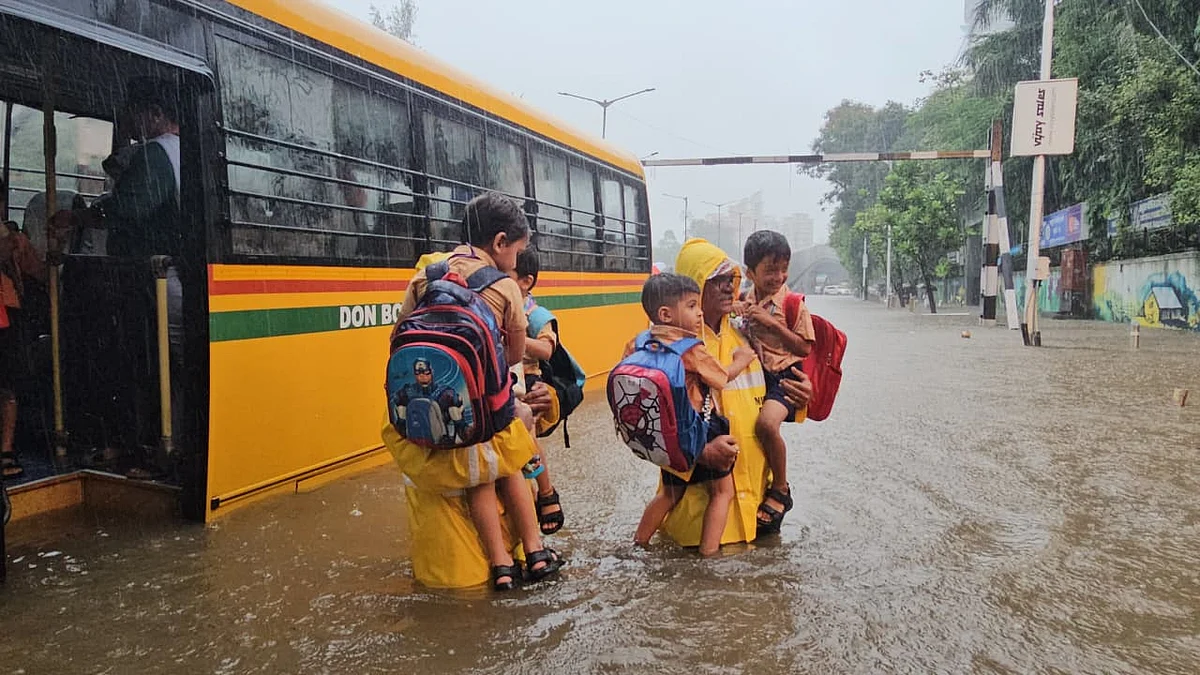Q. We are a group of CKP Coop Bank depositors from Thane. The RBI cancelled the bank’s licence on April 30, 2020, and the bank was put under liquidation. Depositors were paid up to Rs5 lakh each, but many of us who had deposits exceeding this limit are still awaiting the balance even after more than five years. We seek your advice on the following: (A) What are the chances of recovering the balance in full through liquidation? (B) If not, can we recover the money from the bank’s directors who were custodians of our deposits? (C) Can we sue RBI for failing to act as a regulator? A group of CKP Bank Depositors, Thane
A. Ans To answer your last question first: unless you have very strong evidence of serious lapses on the part of RBI, chances of holding it liable are remote. Courts require depositors to demonstrate that RBI failed in its statutory duties and that this failure directly caused the losses suffered. Even if such a case is established against certain officials, it is highly improbable that they will be ordered to personally compensate depositors. From your letter, it is clear your prime concern is recovery of the money you have lost.
For that, the more effective legal course is to hold the directors of CKP Bank accountable, since they were in charge of managing the institution and responsible for its collapse. As you know, under the Deposit Insurance and Credit Guarantee Corporation Act, 1961 (DICGC), deposits are insured only up to Rs 5 lakh. Any amount beyond this limit is payable only after preferential claims under the Companies Act are cleared. The law provides that savings account holders are given priority, followed by other depositors, but in liquidation the settlement is generally on a pro rata basis.
Since the assets available with failed banks are usually far less than the total claims of depositors, the amounts actually disbursed are often very small. The experience of other liquidated cooperative banks shows that depositors rarely recover more than a fraction of their excess deposits. That being the situation, depositors like you, who had balances above Rs5 lakh, have every right to file compensation claims against the then chairman and directors of CKP Bank. RBI had placed the bank under strict restrictions under Section 35A of the Banking Regulation Act before finally cancelling its licence and directing the Commissioner of Cooperation to wind up the institution.
These actions themselves constitute strong evidence of the serious lapses, mismanagement, and negligence of the Board of Directors at the material time. Banking is a ‘Service’ within the meaning of the Consumer Protection Act, 2019. When depositors entrust their money to a bank, they are in fact hiring the bank’s services. Any deficiency in that service exposes the bank to legal liability to compensate customers for losses. If a banking licence is cancelled due to irregularities, fraud, or failure to comply with statutory obligations, the directors in charge at that time can be held personally responsible.
This principle is further reinforced by Section 73A of the Maharashtra Co-operative Societies Act, 1960, which makes the liability of directors towards depositors explicit. Courts can also pierce the corporate veil in such cases and make directors personally accountable for depositors’ losses. In short, in my opinion, you should pursue legal action against the former chairman and directors of CKP Bank under the Consumer Protection Act and related provisions, seeking to hold them personally liable to compensate depositors for their financial losses.
(Advocate Shirish V Deshpande is chairman, Mumbai Grahak Panchayat. Queries can be sent to him on email: shirish50@yahoo.com)

